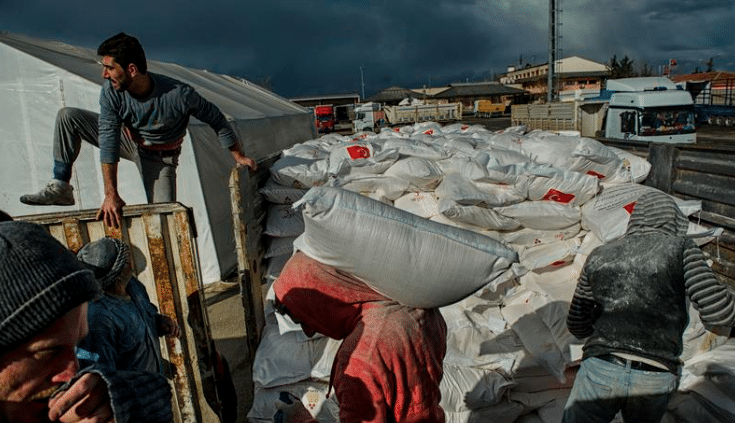The time of the humanitarian diplomat
This blog explores the concept of humanitarian diplomacy and examines the value of diplomatic thinking and practices for contemporary humanitarian practice.

The variety of humanitarian actors involved in complex emergencies, their different priorities and goals, produce different understandings and uses of humanitarian diplomacy (HD). Indeed, the definitions and perceived content of HD vary as widely as the number of organisations (or states) using the term and the humanitarian operations that they carry out. There is a big difference between conceiving the idea of HD, using the term itself, and arriving at international recognition for its definition and agreement on how it should be conducted.
This project aims to study the policies, practices and impact of HD as conducted by select state actors that are new major humanitarian donors (Qatar, Turkey and the United Arab Emirates, UAE) and two traditional humanitarian actors (the United Nations and the International Committee of the Red Cross, ICRC).
This study is of crucial importance in achieving two key objectives. First to understand the effects of the growing overlap between humanitarian efforts and states’ foreign policy and second to understand if, how, and to what extent HD is an effective instrument to meet the challenge of leaving no one behind, as stipulated in the Sustainable Development Goals.